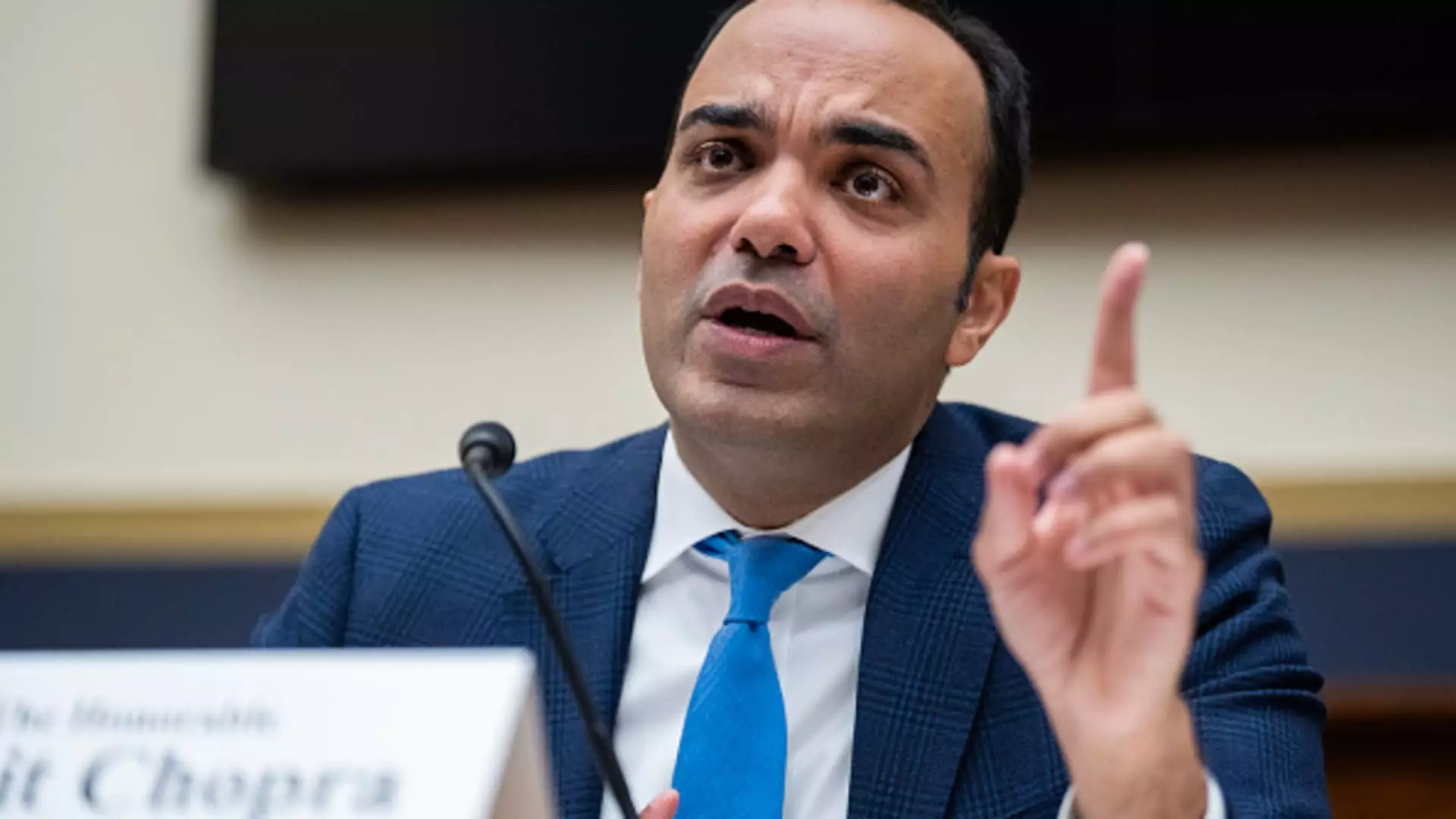On Wednesday, the Consumer Financial Protection Bureau (CFPB) announced new regulations that would require customers of the buy now, pay later (BNPL) industry to adhere to the same federal protections as credit card users. This “interpretive rule” under the Truth in Lending Act categorized BNPL lenders as equivalent to traditional credit card providers, meaning they must issue refunds for returned products, investigate merchant disputes, pause payments during investigations, and provide billings with fee disclosures.
The growing BNPL sector, currently dominated by fintech companies such as Affirm, Klarna, and PayPal, has been served a blow by these new regulations. While some players in the industry argue that their no-interest products are less risky for consumers compared to credit cards with high-interest rates, the CFPB is adamant about ensuring that consumer protections are consistent across all financial products.
CFPB Director Rohit Chopra highlighted the agency’s concerns about some consumers being provided with more debt than they can handle through BNPL services. The rapid growth of digital installment loans in recent years has raised questions about the industry’s practices and whether some users may be taking on more financial burden than they realize.
The CFPB’s new rule, which is set to take effect in 60 days, will require BNPL providers to comply with refund and dispute resolution requirements. While some companies like Affirm already offer these services, the rule aims to standardize these practices across the entire industry. The agency is currently seeking public feedback on the new regulations before finalizing them.
Industry players in the BNPL sector may resist the new regulations, similar to how payday lenders and other financial institutions have pushed back against CFPB rules in the past. The possibility of lawsuits against the agency could arise as companies seek to protect their business models and argue against the need for additional oversight.
Impact on Consumers
As regulations tighten around the BNPL industry, consumers can expect improved protections and transparency when using these financial products. The CFPB’s efforts to ensure that BNPL providers uphold the same standards as credit card companies aim to safeguard consumers from potential financial pitfalls and ensure fair treatment for all users.
The introduction of new regulations by the CFPB signifies a shift in the oversight of the BNPL industry and highlights the agency’s commitment to protecting consumers in the evolving financial landscape. As the industry continues to grow and innovate, it is essential for regulators to stay ahead of emerging trends and ensure that consumer rights are upheld. While challenges may arise from industry opposition, the CFPB remains steadfast in its mission to promote financial fairness and accountability in the BNPL sector.

